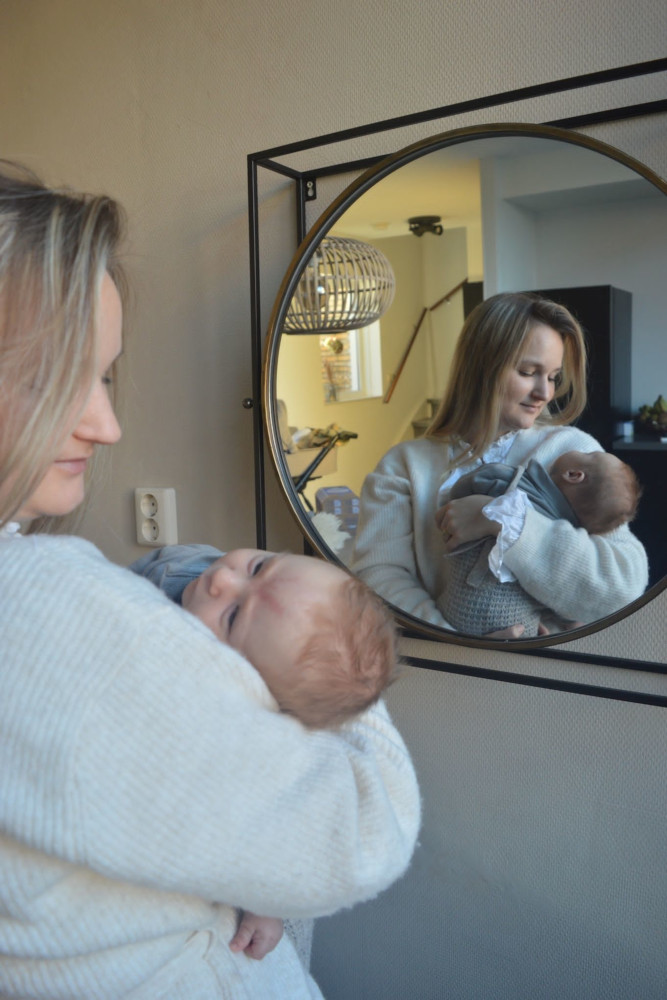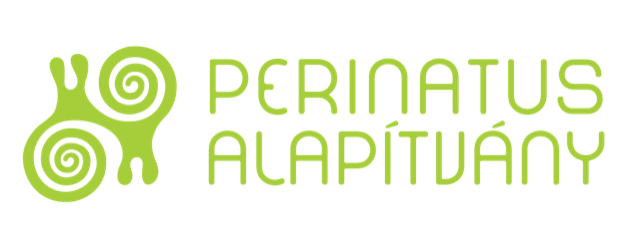
Integrative Baby Therapy (IBT) acknowledges babies as sensitive and aware beings, who are affected by their birth and womb life. Inconsolable crying, restlessness, colic, sleep and feeding problems can often be traced back to earlier issues that have not been resolved. This can be identified by ‘Baby Body Language’, which parents/close care-givers are supported to understand, and ‘memory crying’ which can be differentiated from a ‘present moment needs cry’, such as hunger, tiredness or boredom.
There are no specific age limits to IBT. It’s principles are adaptive to
include antenatal support for parents, work with newborns, infants and
children of all ages. This may include using play and creative
expression to uncover the underlying prenatal or birth story that is
still active in the child’s psyche. It can also inform work with
adolescents and adults.
IBT is taught in a number of countries and its graduates include
obstetricians, nurses, midwives, doulas, psychotherapists, osteopaths,
craniosacral therapists and other body-workers. It is taught in
cooperation with the International Society of Prenatal and Perinatal
Psychology and Medicine.





